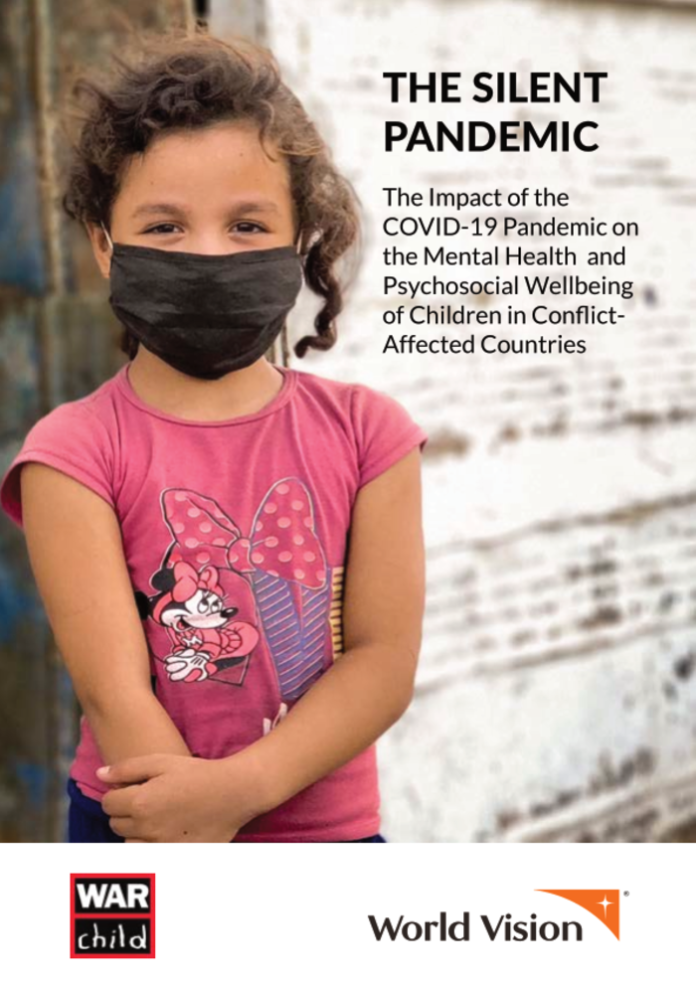Introduction:
The COVID-19 pandemic has brought about unprecedented challenges that extend far beyond physical health. As the world grapples with the effects of the virus, the toll on mental health has become increasingly apparent. In this blog, we delve into the profound impact of COVID-19 on mental well-being, exploring the various ways in which the pandemic has affected individuals’ mental health and offering strategies for coping and resilience.
Psychological Effects of COVID-19:
The uncertainty and upheaval caused by the pandemic have led to a surge in mental health issues worldwide. From anxiety and depression to stress and loneliness, individuals of all ages have experienced a range of emotional challenges as they navigate the uncertainties of the pandemic. The fear of contracting the virus, social isolation due to lockdowns, financial strain, and grief over the loss of loved ones have all contributed to heightened levels of psychological distress.
The Toll on Vulnerable Populations:
“Certain populations have been disproportionately affected by the mental health impact of COVID-19. Frontline healthcare workers, for example, have faced immense pressure and stress as they work tirelessly to care for patients while risking their health. Similarly, individuals with pre-existing mental health conditions, such as anxiety disorders or PTSD, have experienced exacerbations of their symptoms due to the added stressors brought on by the pandemic. Moreover, marginalized communities, including people of color and those facing economic hardship, have faced unique challenges in accessing mental health support and resources”. Says, Makenna Francsis, PMHNP at American TMS
Coping Strategies and Resilience:
“Despite the challenges posed by the pandemic, there are strategies individuals can employ to promote mental well-being and build resilience. Maintaining a routine, staying connected with loved ones through virtual means, and engaging in activities that bring joy and relaxation can help alleviate stress and anxiety. Mindfulness practices, such as meditation and deep breathing exercises, can also be effective tools for managing emotional distress. Seeking professional support from therapists or counselors, either through telehealth services or in-person sessions where available, is crucial for addressing more severe mental health concerns”. Says Sarah Jeffries, a Mental Health First Aid Trainer at First Aid Courses Manchester
Community Support and Solidarity:
In times of crisis, community support and solidarity play a vital role in promoting mental well-being. Acts of kindness, mutual aid initiatives, and collective efforts to support vulnerable community members can foster a sense of connection and belonging, even in the face of physical distancing measures. Online support groups and virtual communities have also emerged as valuable resources for individuals seeking peer support and validation during these challenging times.
Building a Post-Pandemic Mental Health Strategy:
As vaccines become more widely available and the world slowly begins to emerge from the grips of the pandemic, it is essential to prioritize mental health in the recovery process. Investing in mental health resources, destigmatizing mental illness, and integrating mental health support into healthcare systems are critical steps in building a resilient society. By acknowledging the profound impact of COVID-19 on mental health and taking proactive measures to address it, we can pave the way for a healthier, more resilient future for all.
Conclusion:
In conclusion, the COVID-19 pandemic has had a profound impact on mental health, affecting individuals of all ages and backgrounds. By understanding the psychological effects of the pandemic, supporting vulnerable populations, promoting coping strategies and resilience, fostering community support, and prioritizing mental health in the recovery process, we can navigate through these unprecedented times with strength and resilience. Together, let us work towards building a post-pandemic world where mental health is valued, supported, and prioritized.


